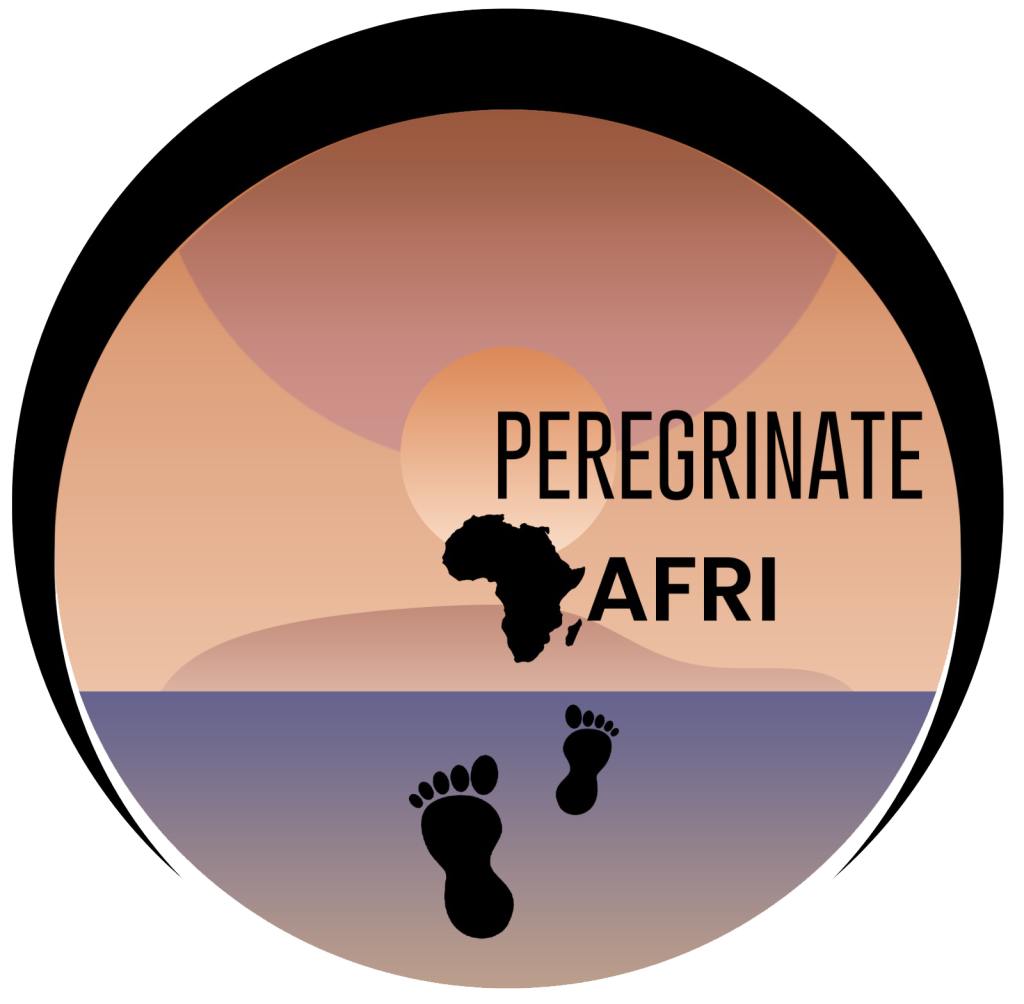Stay in Touch
Journey to the celebrated Northern Circuit of Tanzania, following the path of the last Great Migration on earth. Sync your pulse with the earth, surrounded by beautiful landscapes, big game, ancient cultures and true wild on a vast scale.
Menu
- +255 679 306 231
- +255 780 723 687
- info@peregrinateafrisafaris.com
- Arusha, Tanzania
